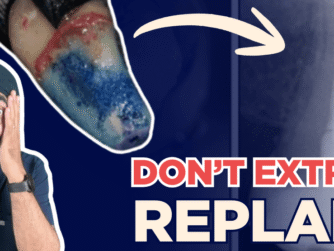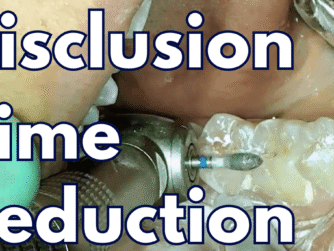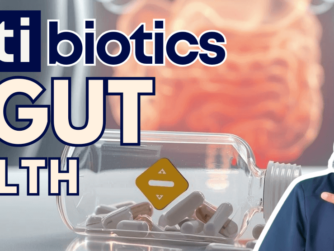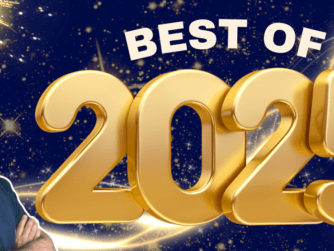Podcast: Play in new window | Download (Duration: 57:52 — 82.6MB)
Subscribe: RSS
More brilliant questions from dental students as Jaz is joined by Dhruti Mysore from Plymouth University.
We covered themes of student-life balance and professional development. Jaz shared the powerful technique of ‘Just-in-Time’ learning to gain structure and purpose to post-graduate development.
Jaz gave his top tips for preventing burnout and the power of a supportive network.
And of course, we discussed Occlusion and Facebows!
For the full educational experience, our Ultimate Education Plan gives you access to all our courses, webinars, and exclusive monthly content. Join us on Protrusive Guidance, our own platform for dental professionals. No need for Facebook anymore! 😉
If you liked this episode, you will also like Occlusion Questions from Students – AJ005







